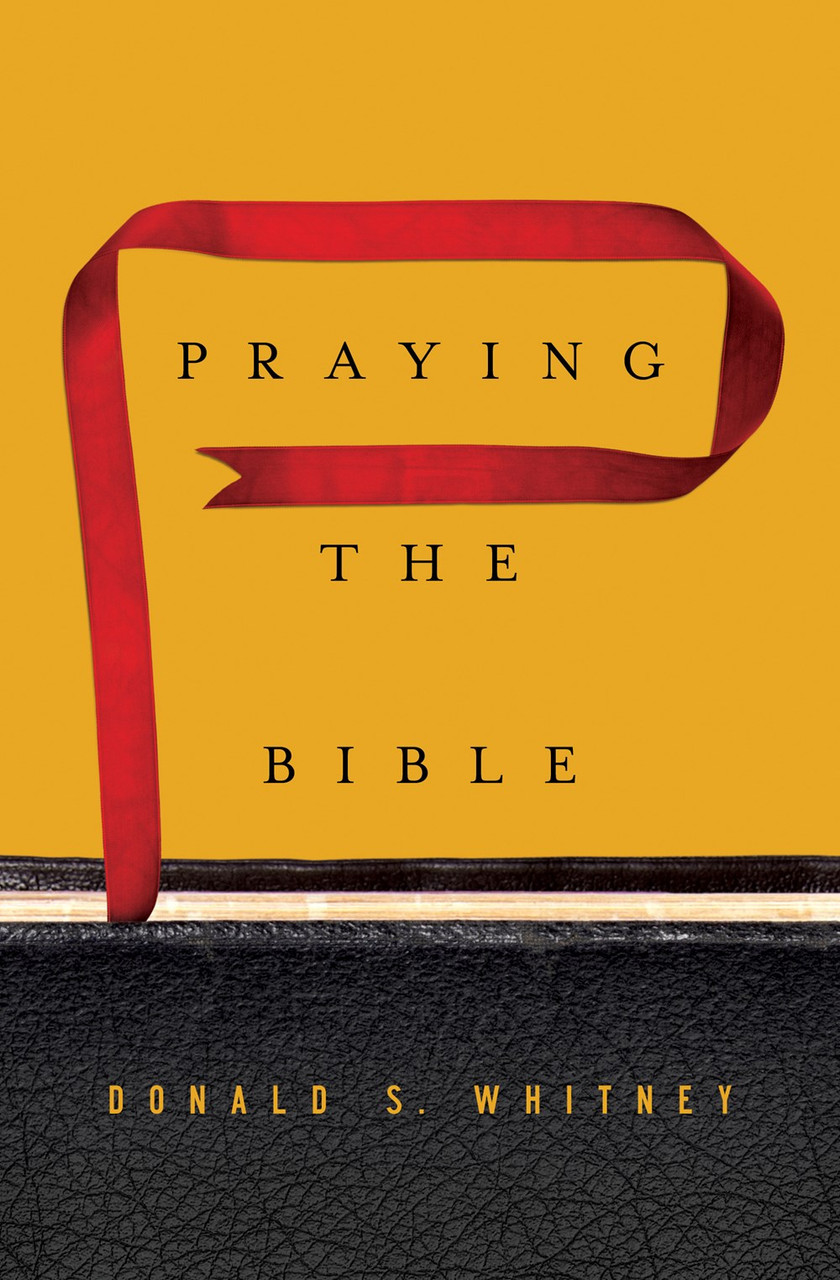
Excerpted with permission from You Are a Theologian: An Invitation to Know and Love God Well, by Jen Wilkin and J. T. English. Copyright 2023, B&H Publishing.
The Bible begins with the claim, “In the beginning God created the heavens and the earth” (Gen. 1:1). Do not miss the significance of that first sentence. The Bible begins with a stunning claim: there is one God.
Imagine how this statement would have landed on the ears of its original audience, Israel, waiting in the wilderness between Egypt and Canaan. For four hundred years, they had lived in a polytheistic land, the fruit of their labors pulled from their hands to be offered up to a pantheon of Egyptian gods. Here they stood, poised to enter into a land with a pantheon of equal size. The Canaanite gods were equally numerous, and equally demanding. And God declares there is no pantheon at all, but a mono-Theon. It is a message embedded in the covenant He had declared to Abraham, Isaac, and Jacob, and it is a message He had declared to Moses at the burning bush: “I AM WHO I AM” (Exod. 3:14). The so-called gods of Egypt and Canaan might claim, “I am the god of rain or harvest or childbirth,” but none could make this claim. Only the God of the Bible can say: “I AM.”
In the wilderness wandering, Israel finds comfort in God’s oneness: “Listen, Israel, the Lord our God, the Lord is one” (Deut. 6:4). They owe all of their allegiance to Him and Him alone. Similarly, our worship cannot be divided. We worship the God who creates all things and redeems us from slavery to sin, and we worship Him alone. Just as Israel would run to foreign gods, we, too, are tempted to trade our mono-Theon for a pantheon. Like them, we need to hear, again and again, that the Lord our God is one.
God’s oneness remained in the hearts and on the lips of Israel’s faithful all the way into New Testament times. This is what makes Jesus’s claim in John 10:10 so bold. He says, “I and the Father are one” (John 10:30). We will explore Jesus’s claim of unity and equality with God in chapter 7, but note here that He reiterates the historic claim that there is only one God. The gods of Babylon, Persia, Greece, and Rome are not gods at all. According to Jesus, there is only one God.
The New Testament authors preserve this teaching, as well. Paul reminds the church in Galatia, full of Jewish and Gentile believers, that “God is one” (Gal. 3:20). Over and over again, the Bible asserts there is only one God who is Creator, Sustainer, and providential Ruler over all things.
As in the days of Abraham and Moses, as in the days of Jesus and Paul, so in every era of human history we have been drawn to belief in many gods. Or in no god at all. The Bible emphatically disagrees. There is one God, and He alone is worthy of worship.
The oneness of God is the first of two important instincts for Trinitarianism. It is what distinguishes the God of the Bible from the many gods and godlessness of human invention.
God Is Three Persons
The second important instinct for Trinitarianism is the threeness. God is one God, but He is One God who eternally exists as three distinct persons—the Father, the Son, and the Spirit. Each person is fully God. But the Father is not the Son, and the Holy Spirit is not the Father or the Son, but they are the triune God who is perfectly one and distinct in three persons. The threeness of God is not a form of poly-theism because Christians worship just one God. Nor would Christianity teach particular or preferential worship of any of the three persons within the godhead.
Confused yet? Let’s break it down by asking a few further questions: What distinguishes each person of the Trinity?
What makes the Father, Father? What makes the Son, Son? And what makes the Spirit, Spirit?
If ever an analogy offered help, it would seem that now would be the time to employ one. Maybe you have heard some analogies for the Trinity: God is an egg: a shell, white, and a yolk. God is like water: ice, water, and steam. God is like a three-leaf clover. Though at first these honorable attempts may seem helpful, they can actually hinder our understanding of the diversity of the three persons in the Godhead. Fortunately, the Bible offers some simple language that helps us with distinguishing the three persons.
Two categories that have historically helped Christians see the distinctions of each person are the Immanent Trinity and the Economic Trinity. The Immanent Trinity refers to God in Himself—even before creation. The Economic Trinity refers to how we see the Immanent Trinity revealed in redemptive history. What we see in Scripture is that:
Economic Trinity
God the Father initiates the plan for salvation.
God the Son accomplishes salvation. God the Spirit applies salvation.
Immanent Trinity
The Father, eternally unbegotten.
The Son, eternally begotten by the Father.
The Spirit, eternally proceeds from the Father and the Son.
In order to see these two categories more clearly, we give our attention to how the Bible describes each person and what they do. To understand what distinguishes each person, we look to what each person does in the biblical story. What do we know of each person as it relates to their redemptive acts in history that give us insight into their eternal relations as Father, Son, and Spirit?
Here are the three keys:
- God the Father is never sent in Scripture. That means He is eternally unsent or eternally unbegotten. Who is God the Father? The eternally unsent.
- God the Son is sent by the Father in Scripture. That means He is eternally sent or eternally begotten. Who is God the Son? The eternally sent by the Father.
- God the Holy Spirit is sent by the Father and the Son in Scripture. That means He eternally proceeds from the Father and the Son. Who is God the Spirit? The eternally sent by the Father and Son.
Editor’s Note: Interested in reading more? You can purchase your copy of You Are a Theologian: An Invitation to Know and Love God Well here.
How does God's Word impact our prayers?

God invites His children to talk with Him, yet our prayers often become repetitive and stale. How do we have a real conversation with God? How do we come to know Him so that we may pray for His will as our own?
In the Bible, God speaks to us as His children and gives us words for prayer—to praise Him, confess our sins, and request His help in our lives.
We’re giving away a free eBook copy of Praying the Bible, where Donald S. Whitney offers practical insight to help Christians talk to God with the words of Scripture.

